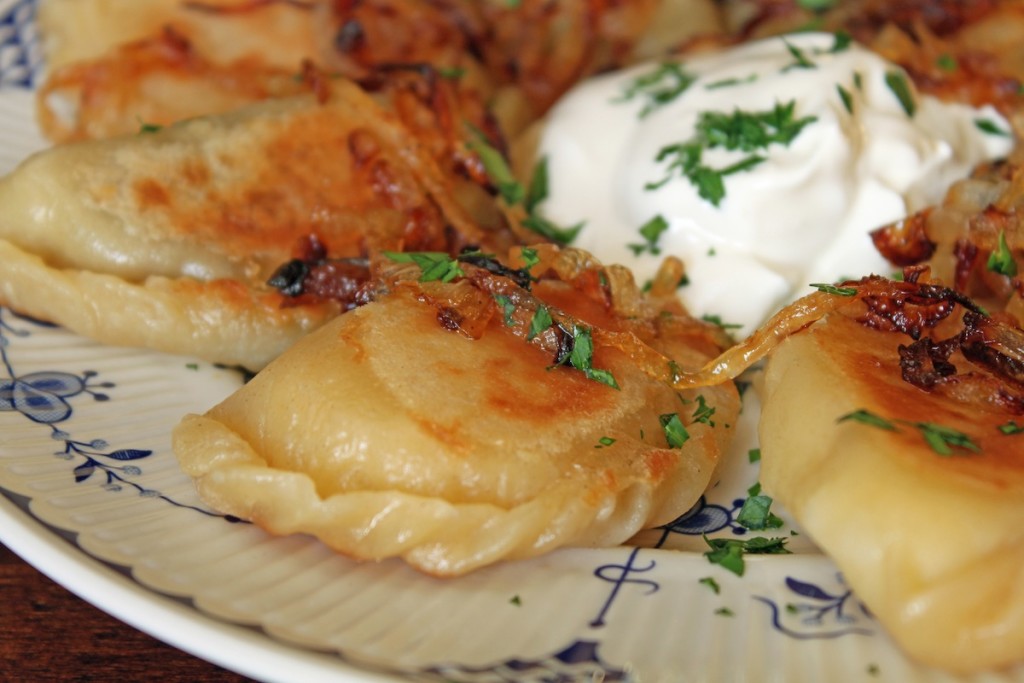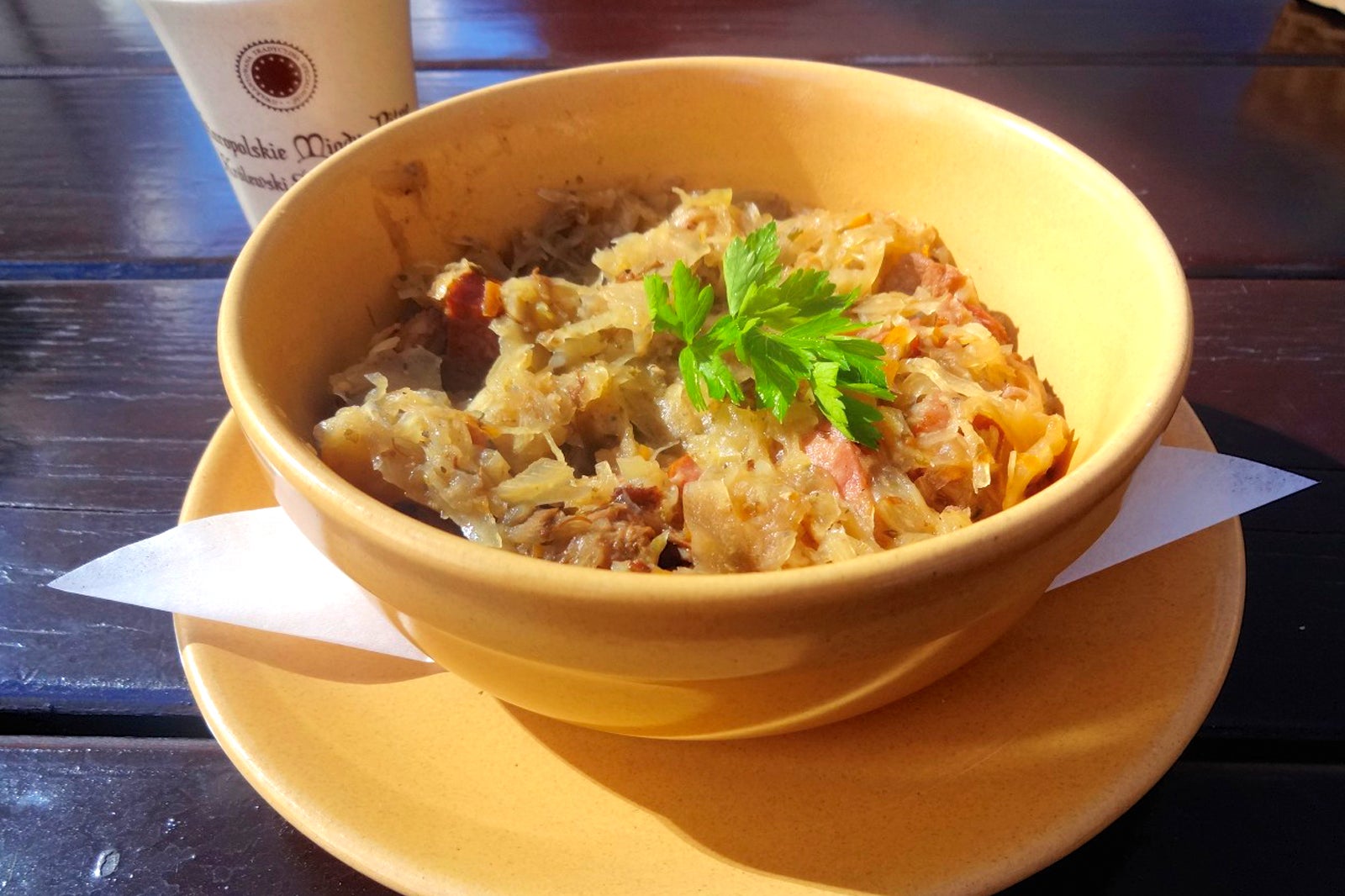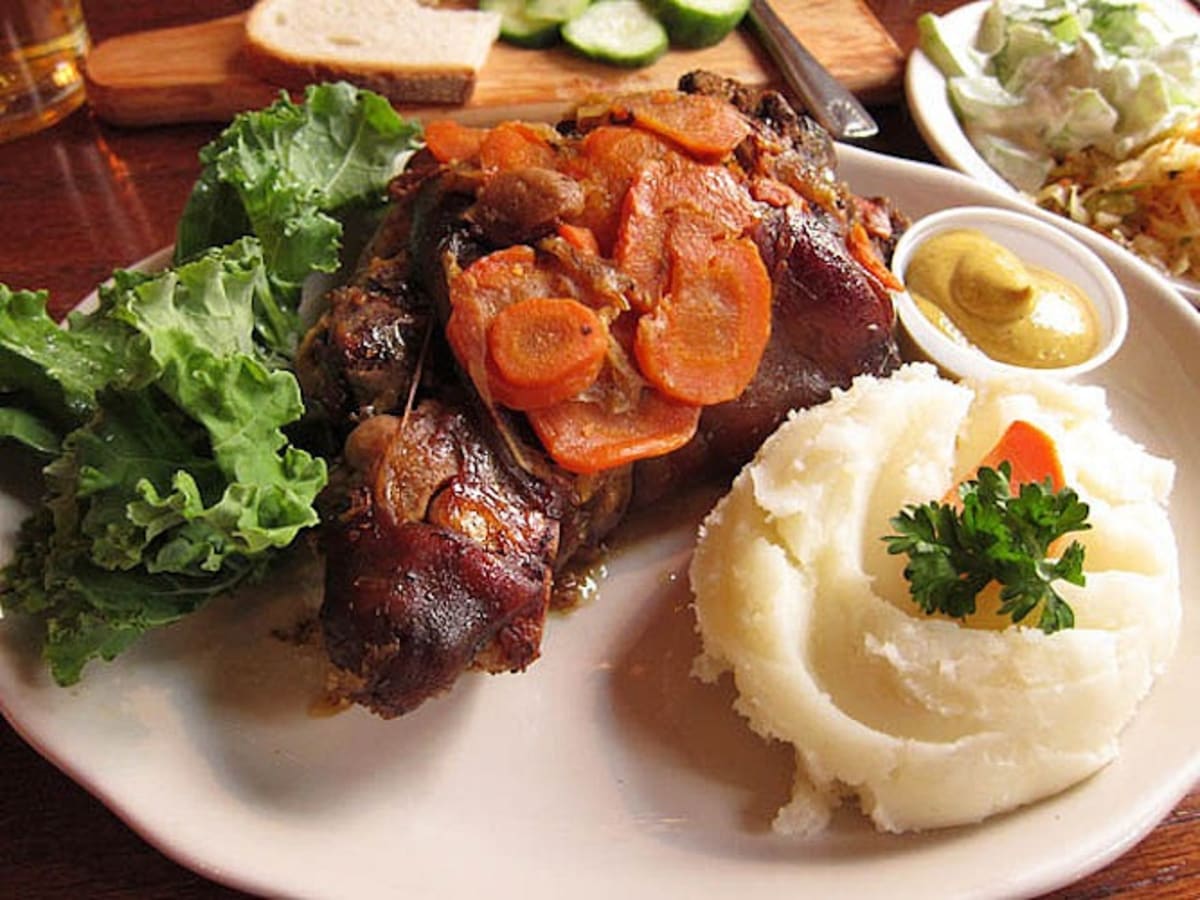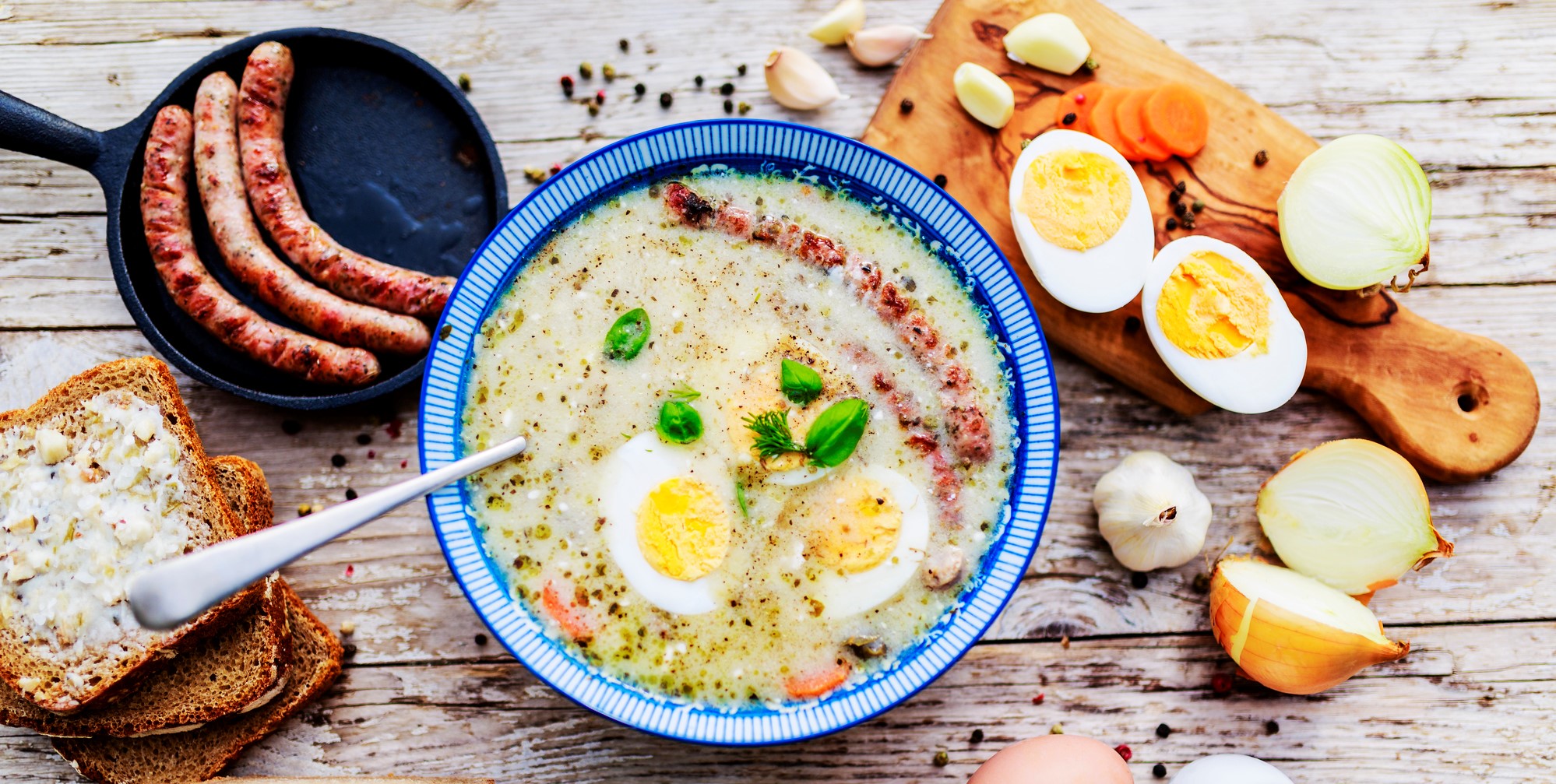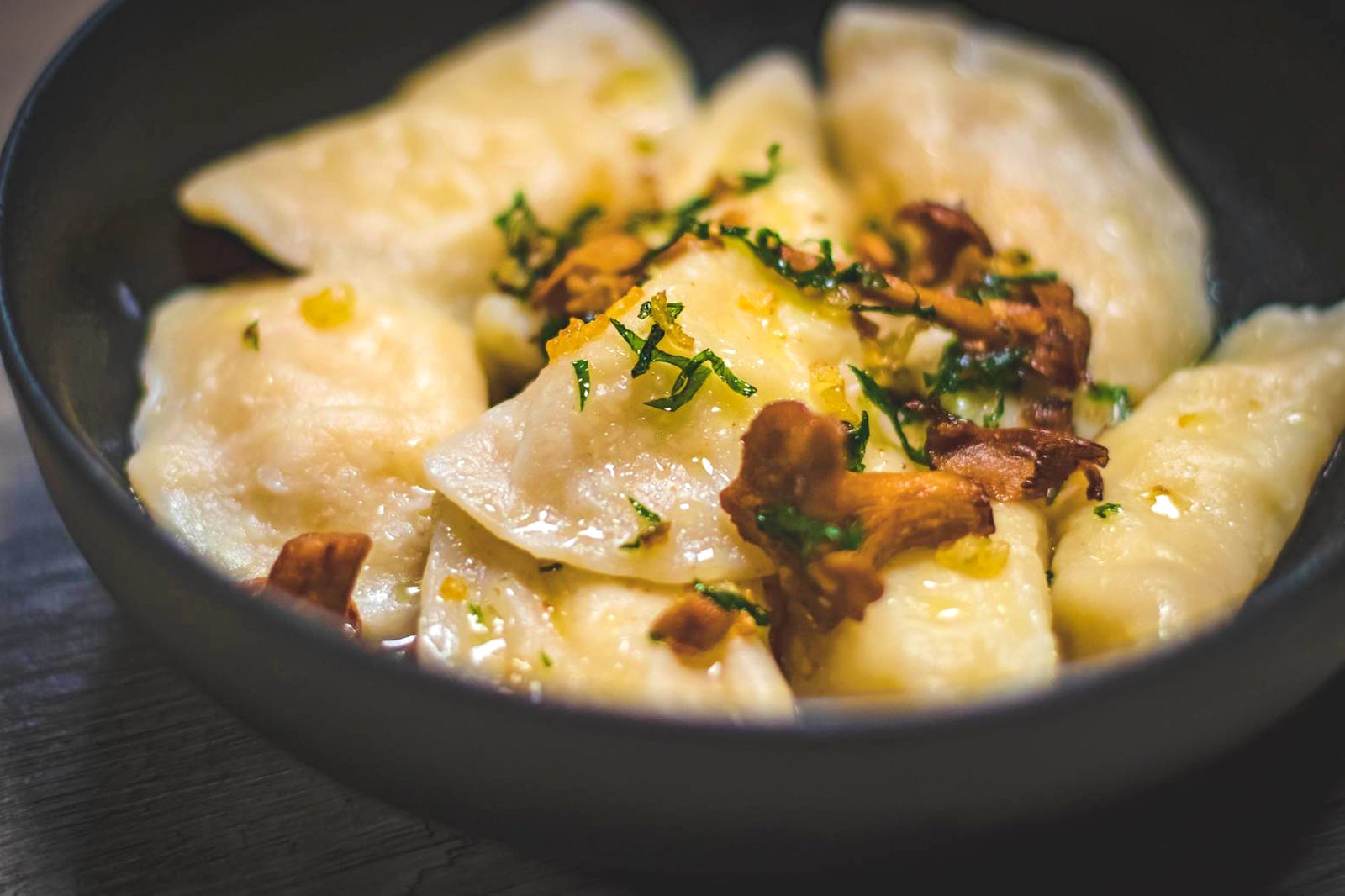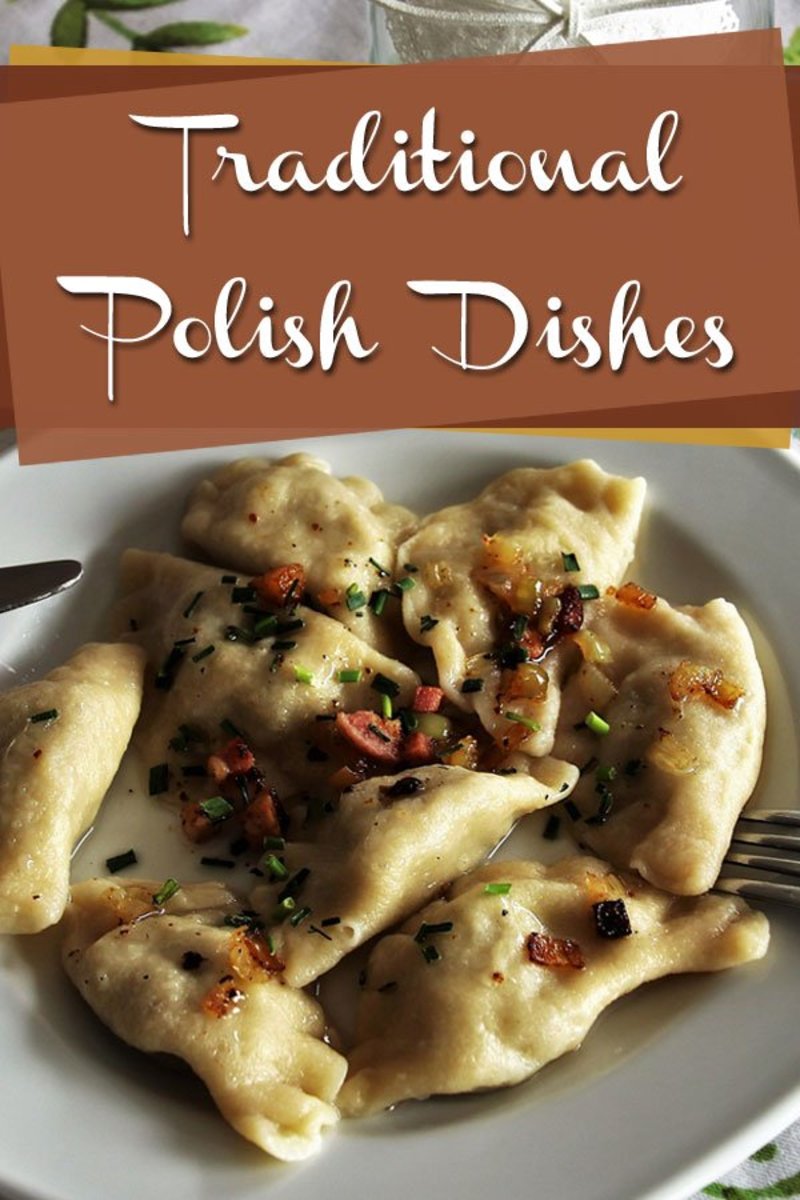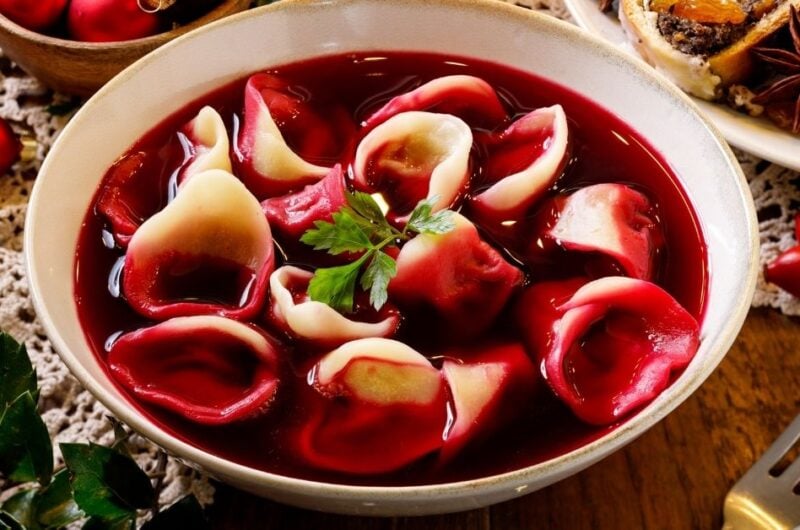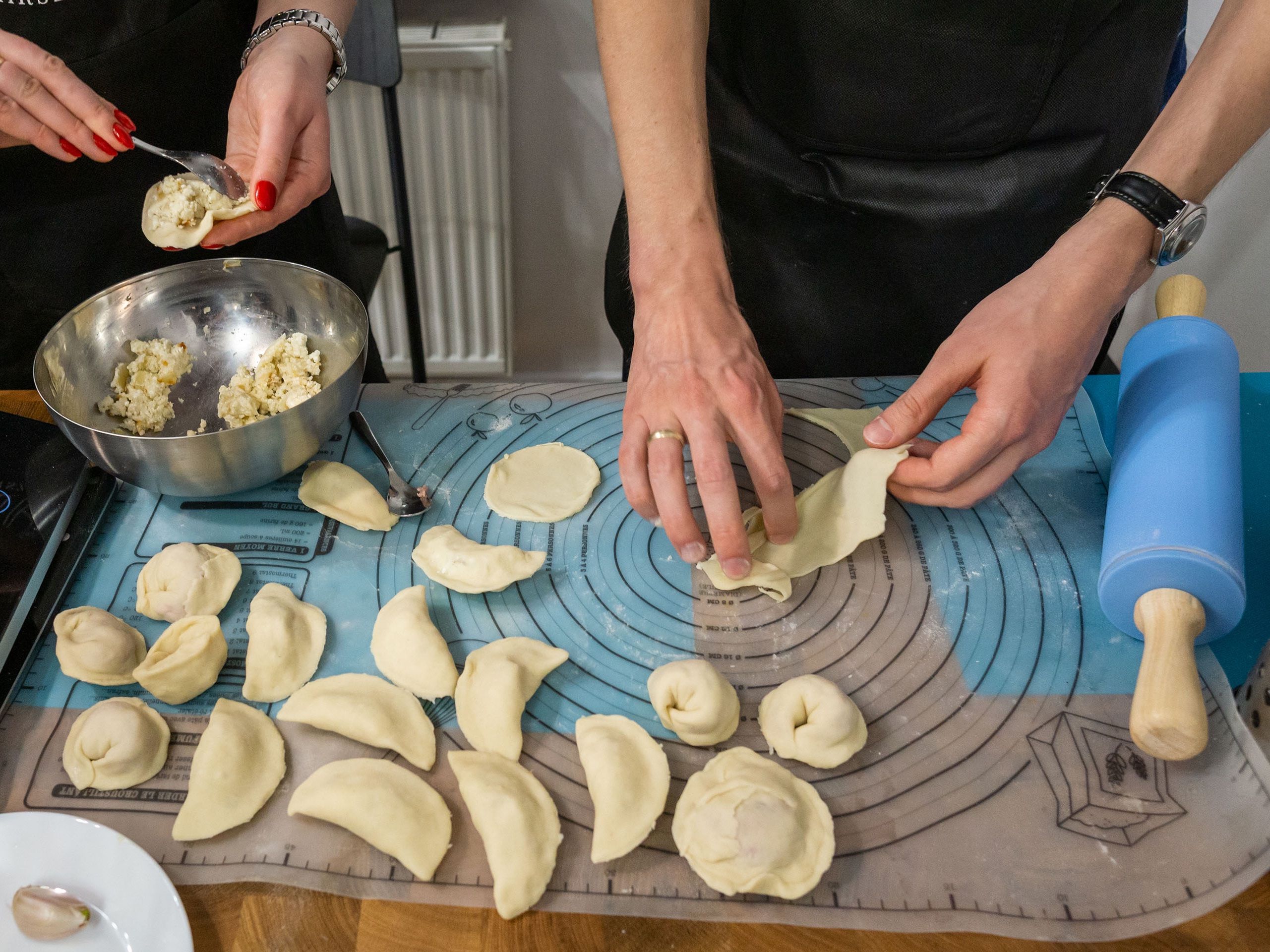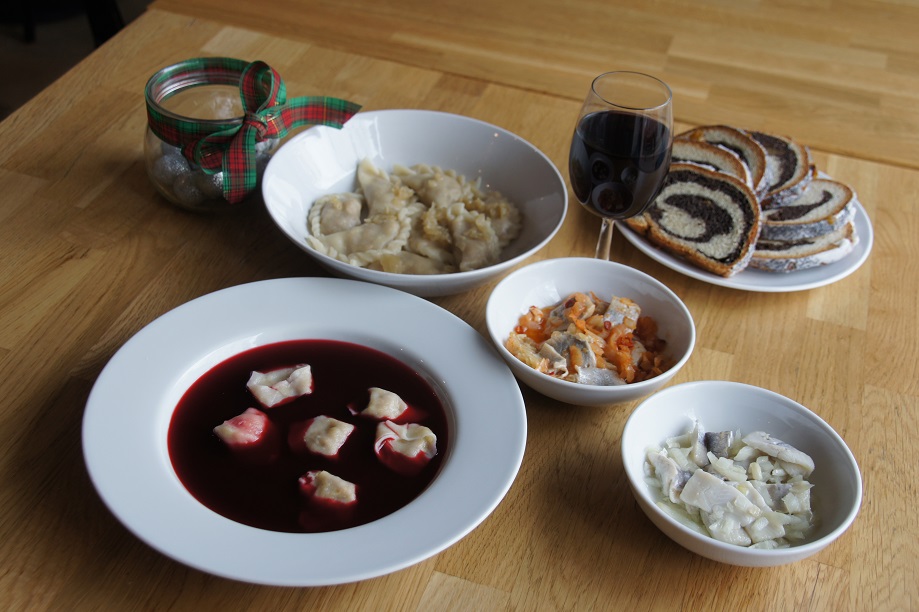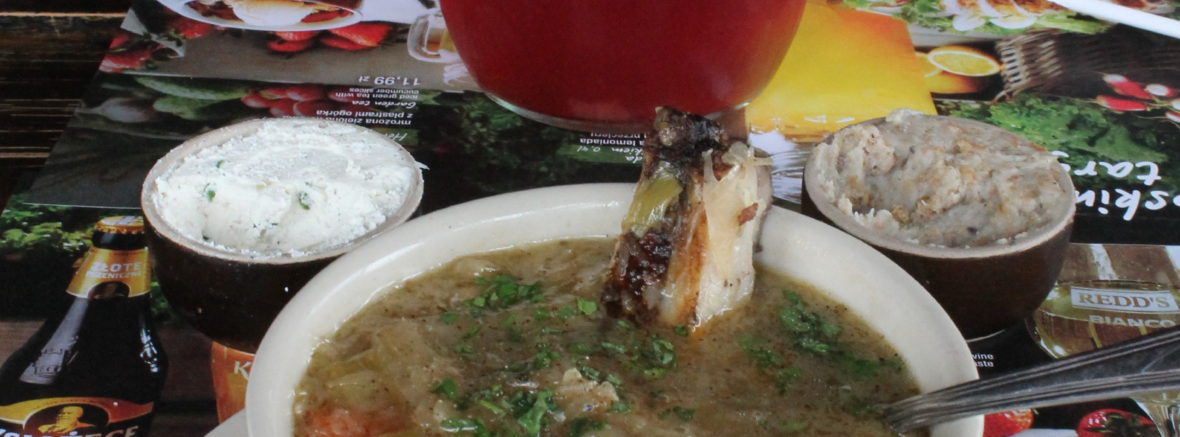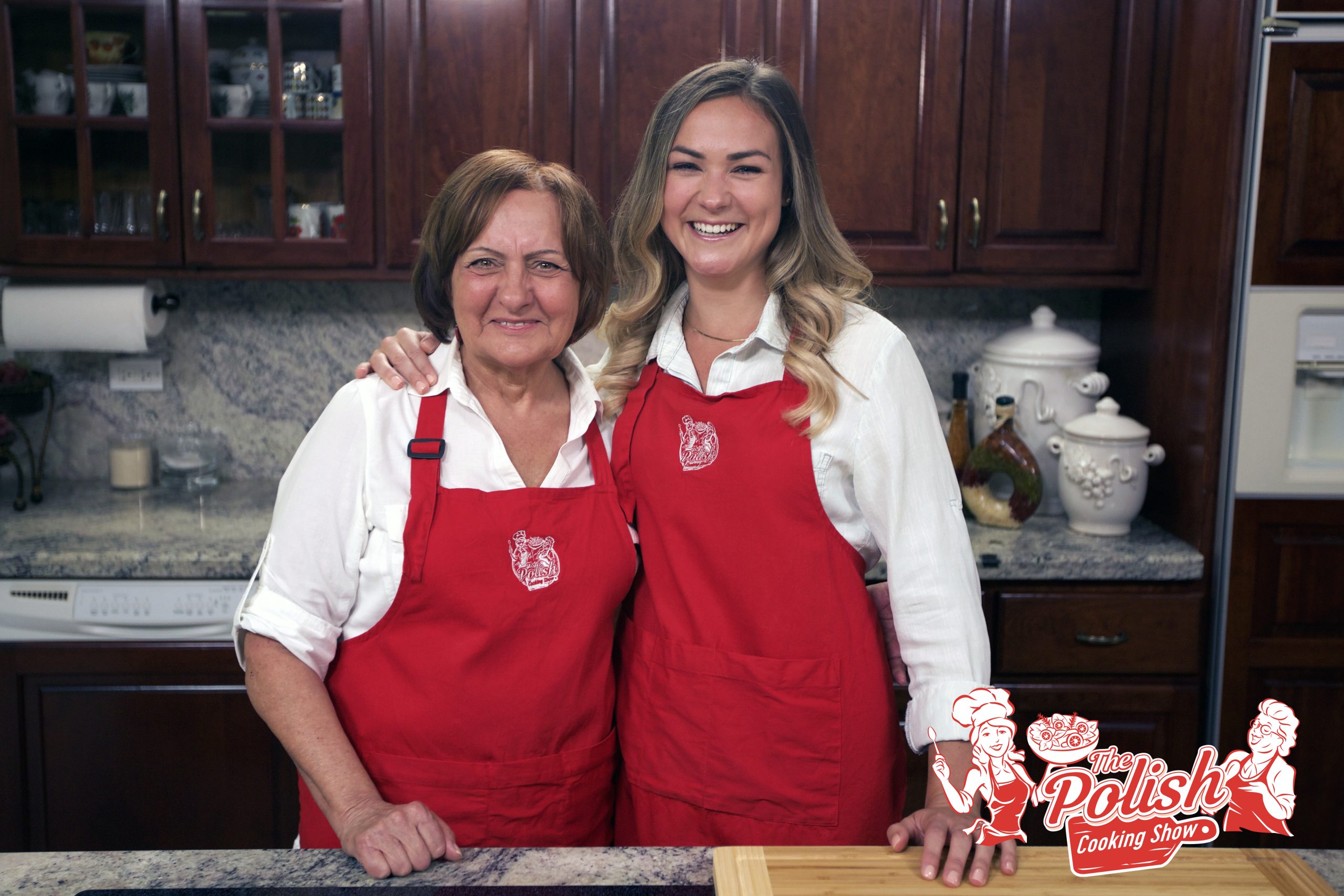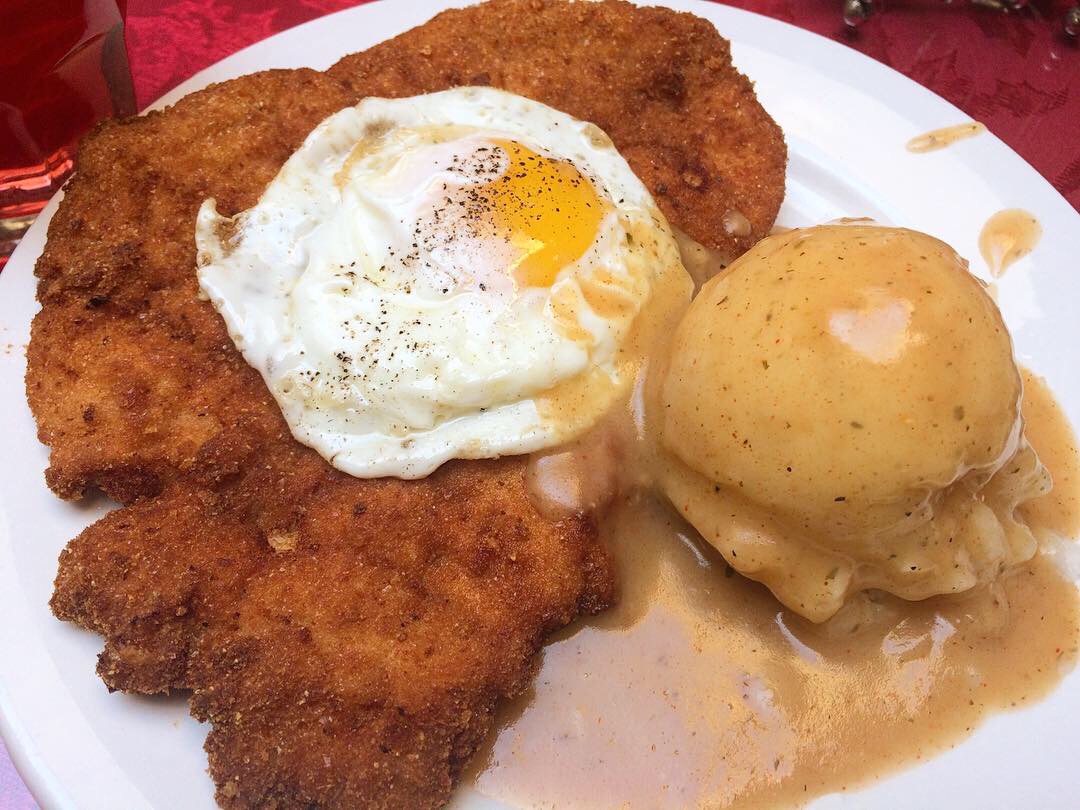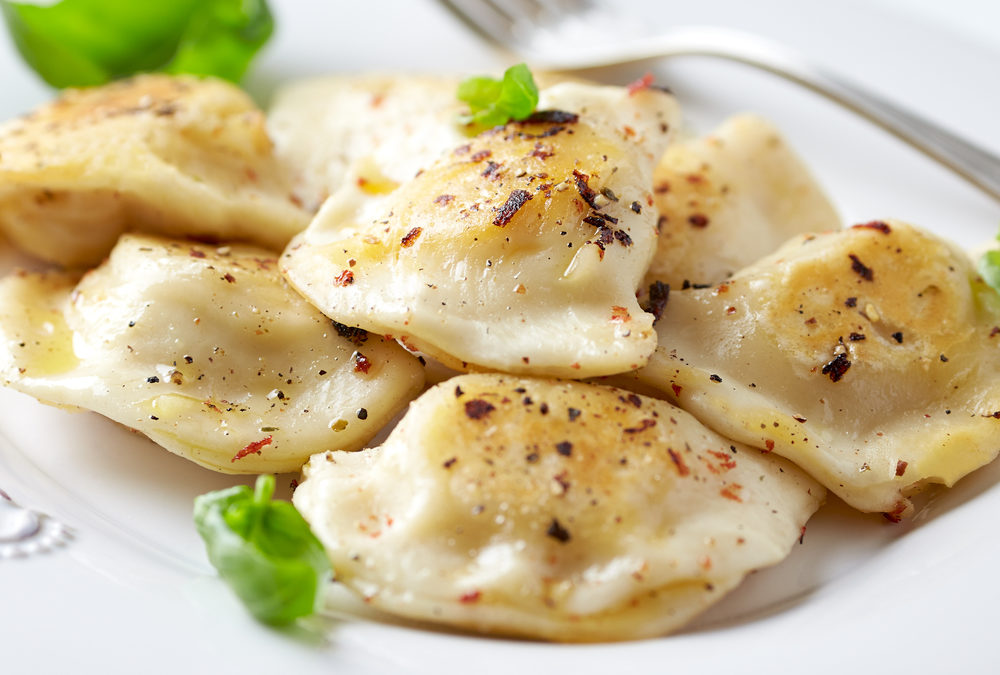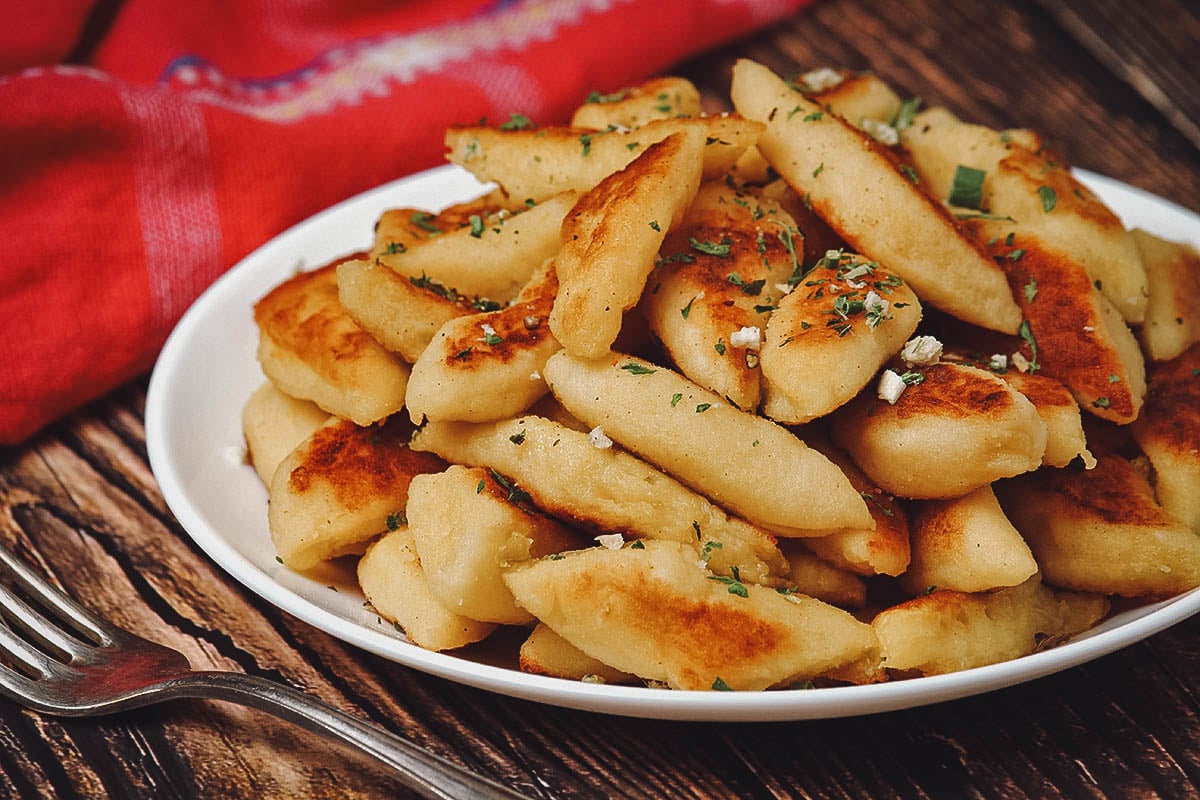Polish cuisine is known for its rich and hearty dishes, often incorporating ingredients such as potatoes, cabbage, and various meats. However, beyond just the ingredients, Polish cuisine is deeply rooted in tradition and customs that have been passed down for generations. In this article, we will explore the top 10 old Polish traditions in the kitchen and at the table, giving you a taste of the cultural heritage that makes Polish food so special.Traditional Polish Cuisine: Recipes and Traditions
When it comes to Polish cuisine, there are countless delicious dishes to choose from. However, there are a few that stand out as true classics and must-tries for anyone looking to experience traditional Polish food. These include pierogi, bigos, żurek, and gołąbki. Each of these dishes has a long history and is deeply ingrained in Polish culture, making them a must-try for anyone looking to truly experience the country's cuisine.Polish Food: 10 Traditional Dishes to Try
One of the best ways to experience traditional Polish food is by taking a culinary journey through the country. Each region of Poland has its own unique dishes and culinary traditions, so exploring different areas will give you a well-rounded taste of Polish cuisine. Whether you're in the northern region of Pomorskie enjoying fresh seafood dishes or in the southern region of Małopolska indulging in hearty mountain cuisine, you're sure to find something delicious and unique.Polish Food: A Culinary Journey Through Poland
If you want to try your hand at cooking some traditional Polish dishes, there are plenty of recipes available to guide you. From classic dishes like barszcz (beetroot soup) to lesser-known delicacies like placki ziemniaczane (potato pancakes), there is something for every taste and skill level. Just be prepared to spend some time in the kitchen, as many traditional Polish recipes require slow cooking and a lot of love and care.Polish Cooking: The Best Traditional Recipes
While traditional Polish cuisine is deeply rooted in history and customs, it is also constantly evolving and adapting to modern tastes and techniques. This can be seen in dishes such as kotlet schabowy, a breaded pork cutlet that is similar to a traditional Wiener schnitzel. While the dish has German roots, it has become a staple in Polish households and is often served with traditional sides such as mashed potatoes and sauerkraut.Polish Food: A Delicious Blend of Tradition and Innovation
Food has always played an important role in Polish culture, and this is reflected in the country's cuisine. Many traditional dishes have deep historical roots, with recipes being passed down through families for generations. For example, kiełbasa (sausage) has been a staple in Polish cuisine since the 14th century and is still a beloved dish today.Polish Cuisine: A Taste of History and Culture
In addition to being deeply ingrained in Polish culture, food is also a way for families to come together and celebrate tradition. Many traditional Polish dishes are served during holidays and special occasions, such as Wigilia (Christmas Eve) and Wielkanoc (Easter). These meals are often prepared with love and shared with loved ones, making them even more special.Polish Food: A Celebration of Family and Tradition
While traditional Polish cuisine often brings to mind images of farmhouses and simple cooking, it has also found its way onto modern tables. In recent years, Polish chefs have been incorporating traditional dishes and ingredients into more innovative and upscale dishes. This fusion of old and new is a testament to the versatility and enduring appeal of Polish cuisine.Polish Cooking: From Farmhouse Kitchens to Modern Tables
Food is not just sustenance in Polish culture, but also a way to preserve and celebrate the country's heritage and identity. Many traditional dishes have regional variations, highlighting the diversity and unique characteristics of different areas of Poland. By embracing and sharing these dishes, Polish people are able to connect with their roots and preserve their cultural identity.Polish Food: A Reflection of Polish Heritage and Identity
At its core, Polish cuisine is a delicious blend of old and new. It is a reflection of the country's history, customs, and culture, but also continues to evolve and adapt to modern tastes. Whether you're enjoying a classic dish passed down through generations or trying a new twist on a traditional recipe, Polish cuisine is sure to delight your taste buds and give you a taste of the country's rich heritage.Polish Cuisine: A Delicious Blend of Old and New
Preserving the Past: The Importance of Old Polish Traditions in the Kitchen and at the Table

The Role of Food in Polish Culture
 Polish cuisine is deeply rooted in tradition and reflects the country's rich history and diverse influences. For centuries, food has played a central role in Polish culture, bringing families and communities together to celebrate special occasions and to pass down cherished traditions from one generation to the next. From hearty stews and savory pierogi to sweet pastries and flavorful soups, Polish cuisine is a reflection of the country's strong sense of identity and its commitment to preserving its heritage.
Old Polish Traditions in the Kitchen
The kitchen is at the heart of Polish homes, where the aroma of simmering dishes and the sound of clinking plates can be found throughout the day. In the past, Polish kitchens were a bustling hub of activity, with multiple generations working together to prepare meals using traditional methods and recipes passed down through the ages. Today, while modern conveniences have made cooking easier, many families still hold onto these old traditions, believing that the taste and quality of the food are worth the extra effort.
One of the most beloved traditions in Polish cooking is the use of
homegrown ingredients
. Many Polish families have their own gardens, where they grow fruits, vegetables, and herbs, ensuring that their meals are made with the freshest and most flavorful ingredients. This not only adds a personal touch to each dish but also emphasizes the importance of self-sufficiency and sustainability in Polish culture.
Another important aspect of Polish cooking is the
preservation of food
. In the past, families would spend long hours canning, pickling, and fermenting fruits and vegetables to have a supply of food during the long, harsh winters. While this practice is not as common today, many families still make their own pickles, sauerkraut, and other fermented foods, not only for their taste but also as a way to honor their ancestors and preserve their cultural heritage.
Polish cuisine is deeply rooted in tradition and reflects the country's rich history and diverse influences. For centuries, food has played a central role in Polish culture, bringing families and communities together to celebrate special occasions and to pass down cherished traditions from one generation to the next. From hearty stews and savory pierogi to sweet pastries and flavorful soups, Polish cuisine is a reflection of the country's strong sense of identity and its commitment to preserving its heritage.
Old Polish Traditions in the Kitchen
The kitchen is at the heart of Polish homes, where the aroma of simmering dishes and the sound of clinking plates can be found throughout the day. In the past, Polish kitchens were a bustling hub of activity, with multiple generations working together to prepare meals using traditional methods and recipes passed down through the ages. Today, while modern conveniences have made cooking easier, many families still hold onto these old traditions, believing that the taste and quality of the food are worth the extra effort.
One of the most beloved traditions in Polish cooking is the use of
homegrown ingredients
. Many Polish families have their own gardens, where they grow fruits, vegetables, and herbs, ensuring that their meals are made with the freshest and most flavorful ingredients. This not only adds a personal touch to each dish but also emphasizes the importance of self-sufficiency and sustainability in Polish culture.
Another important aspect of Polish cooking is the
preservation of food
. In the past, families would spend long hours canning, pickling, and fermenting fruits and vegetables to have a supply of food during the long, harsh winters. While this practice is not as common today, many families still make their own pickles, sauerkraut, and other fermented foods, not only for their taste but also as a way to honor their ancestors and preserve their cultural heritage.
The Significance of the Table in Polish Culture
 In addition to the kitchen, the dining table holds great importance in Polish culture. Meals are seen as a time for families to come together, share stories, and connect with one another. The table is also a symbol of hospitality and is always set with an extra place for unexpected guests, as it is believed that no one should ever be turned away from a Polish table.
The Art of Polish Hospitality
Polish hospitality is legendary, and it is often said that a guest in a Polish home will never leave hungry. This is because of the traditional Polish practice of
preparing an abundance of food
to ensure that all guests are well-fed and satisfied. In Polish culture, it is considered a great honor to have guests at the table, and no effort is spared to make them feel welcomed and valued.
In conclusion, old Polish traditions in the kitchen and at the table are not just about food, but also about preserving the past and passing down cultural values from one generation to the next. These traditions have stood the test of time and continue to play a significant role in shaping Polish identity and bringing families and communities together. So, the next time you sit down at a Polish table, take a moment to appreciate the rich history and traditions behind the delicious food in front of you.
In addition to the kitchen, the dining table holds great importance in Polish culture. Meals are seen as a time for families to come together, share stories, and connect with one another. The table is also a symbol of hospitality and is always set with an extra place for unexpected guests, as it is believed that no one should ever be turned away from a Polish table.
The Art of Polish Hospitality
Polish hospitality is legendary, and it is often said that a guest in a Polish home will never leave hungry. This is because of the traditional Polish practice of
preparing an abundance of food
to ensure that all guests are well-fed and satisfied. In Polish culture, it is considered a great honor to have guests at the table, and no effort is spared to make them feel welcomed and valued.
In conclusion, old Polish traditions in the kitchen and at the table are not just about food, but also about preserving the past and passing down cultural values from one generation to the next. These traditions have stood the test of time and continue to play a significant role in shaping Polish identity and bringing families and communities together. So, the next time you sit down at a Polish table, take a moment to appreciate the rich history and traditions behind the delicious food in front of you.



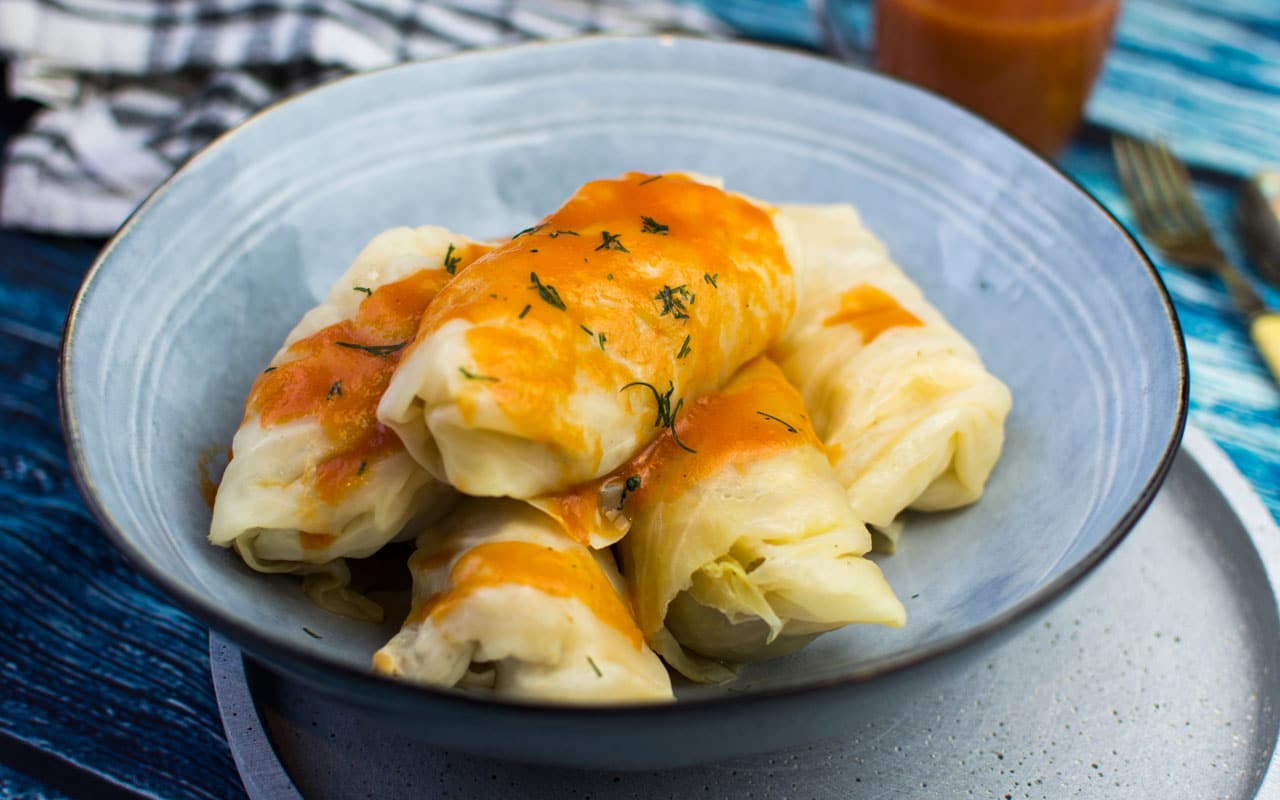
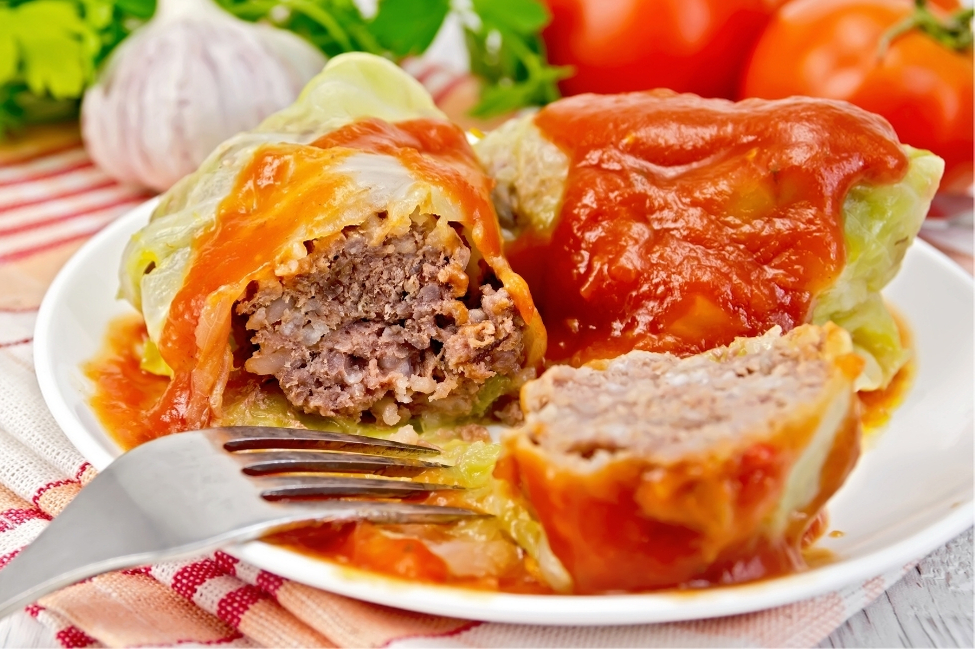
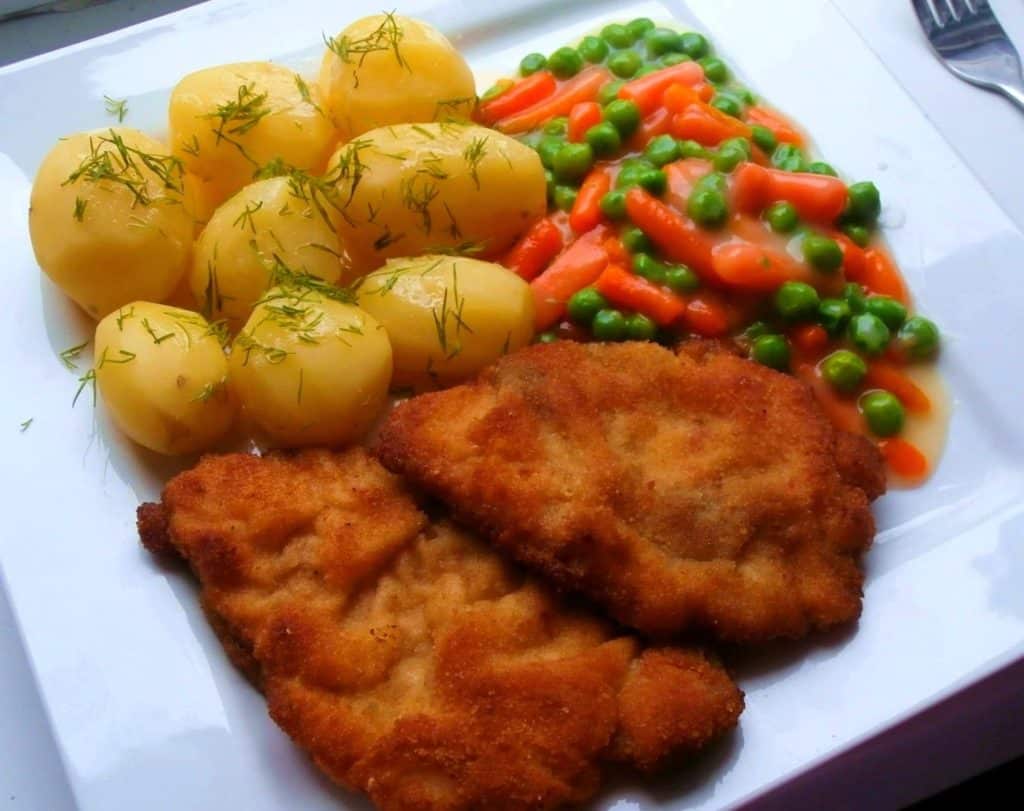
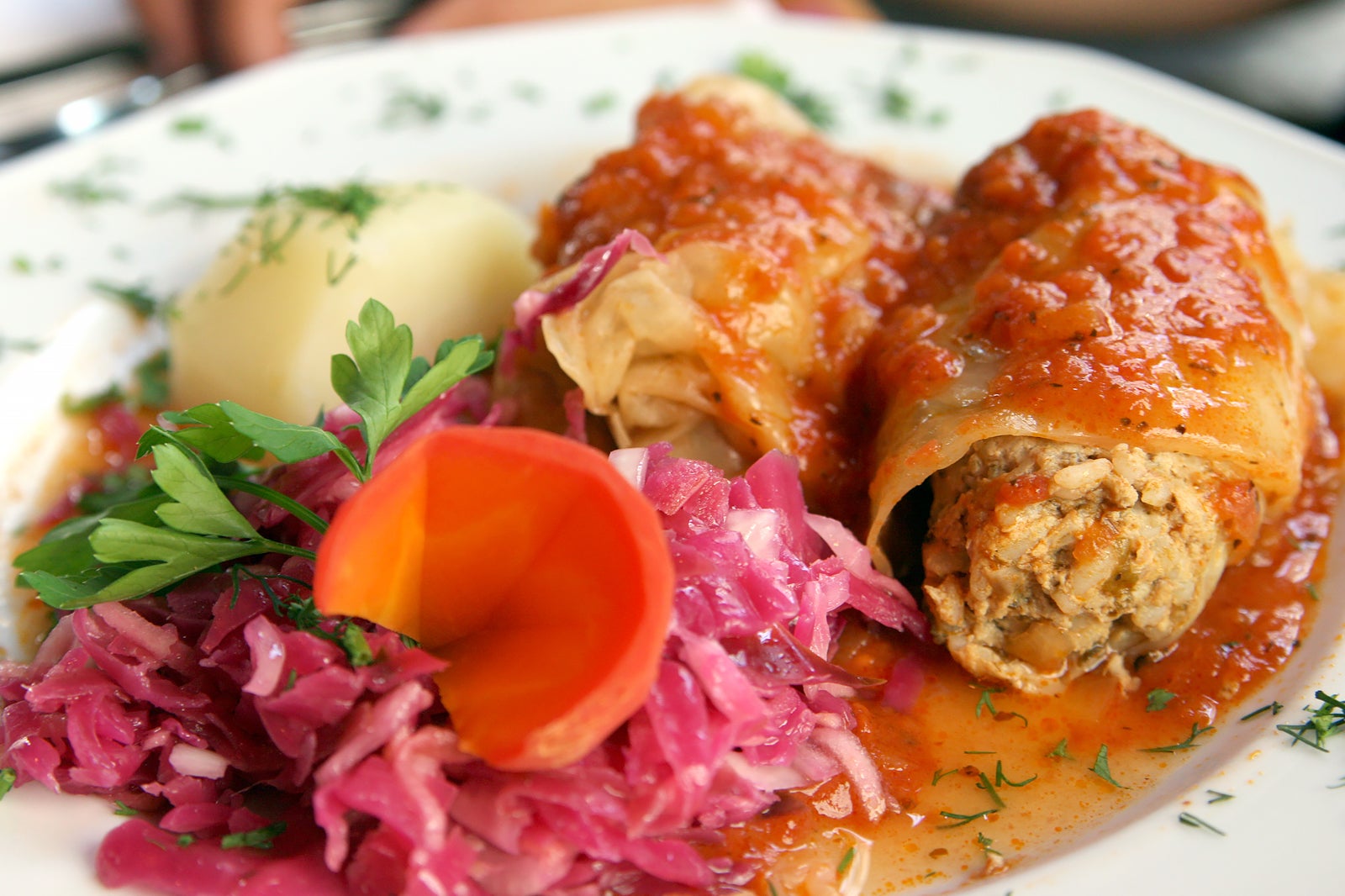

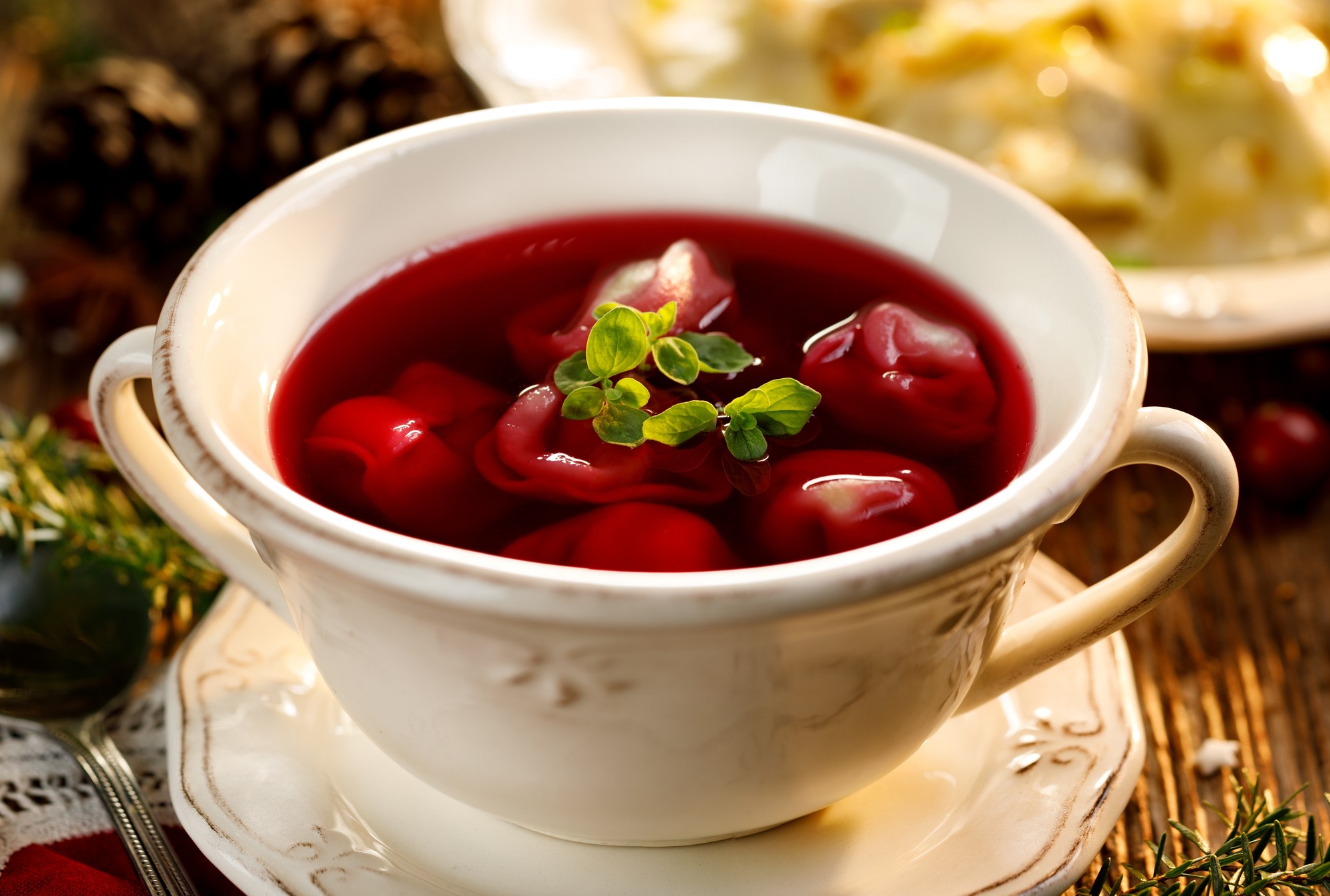
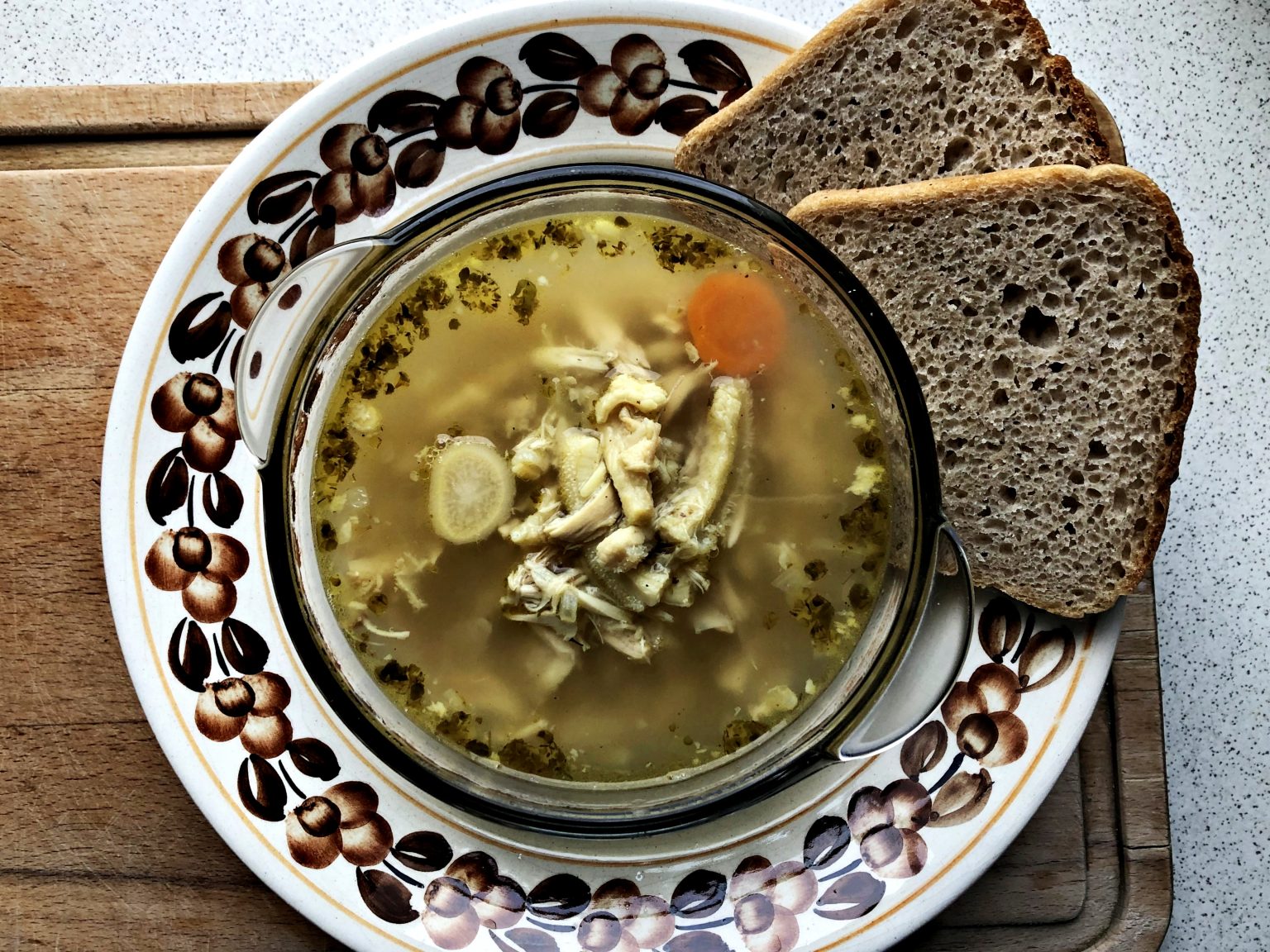
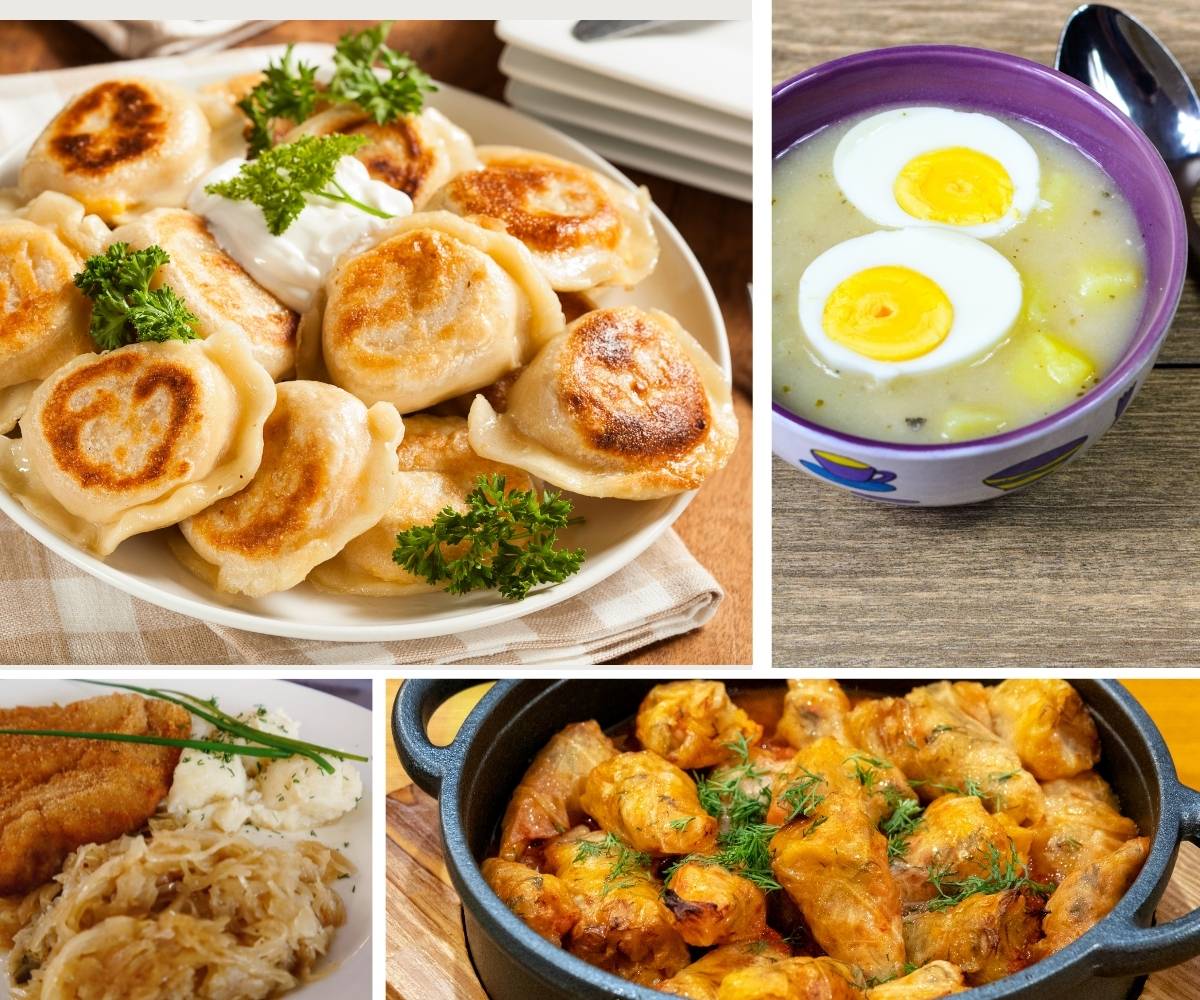
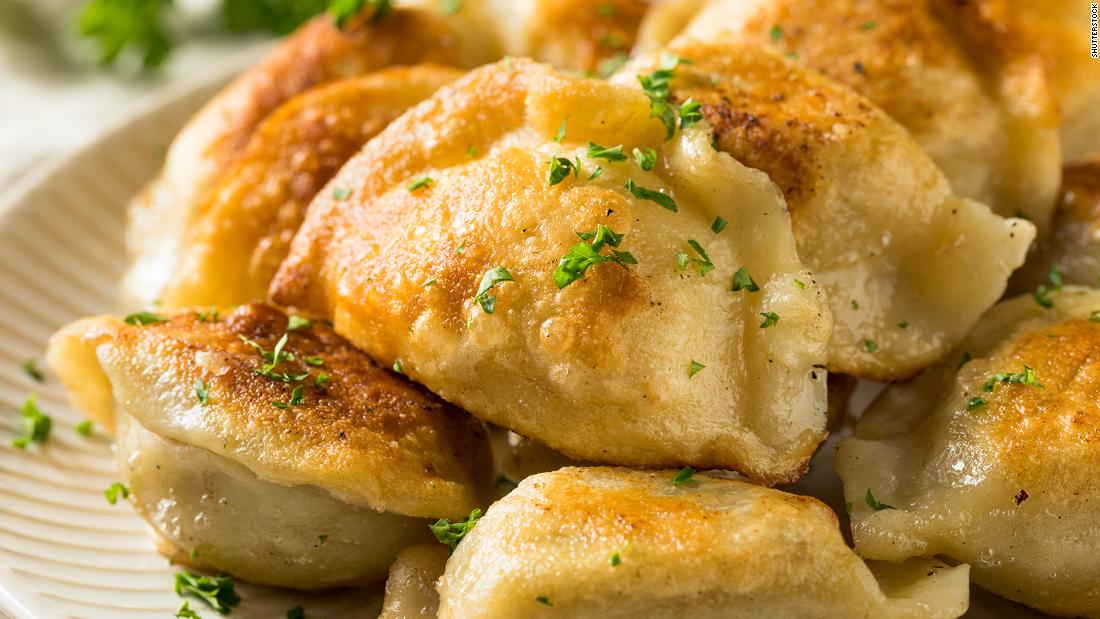



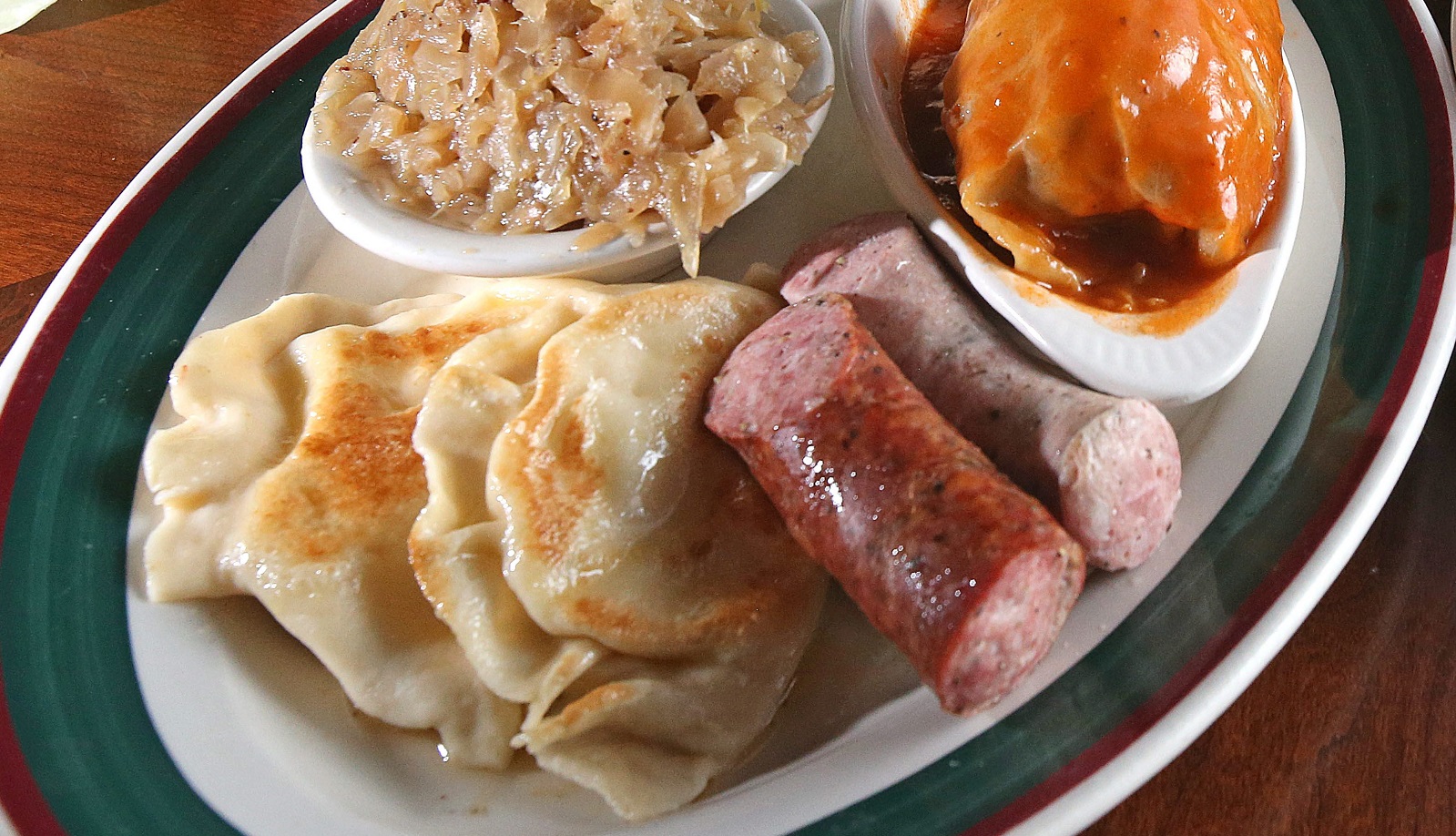
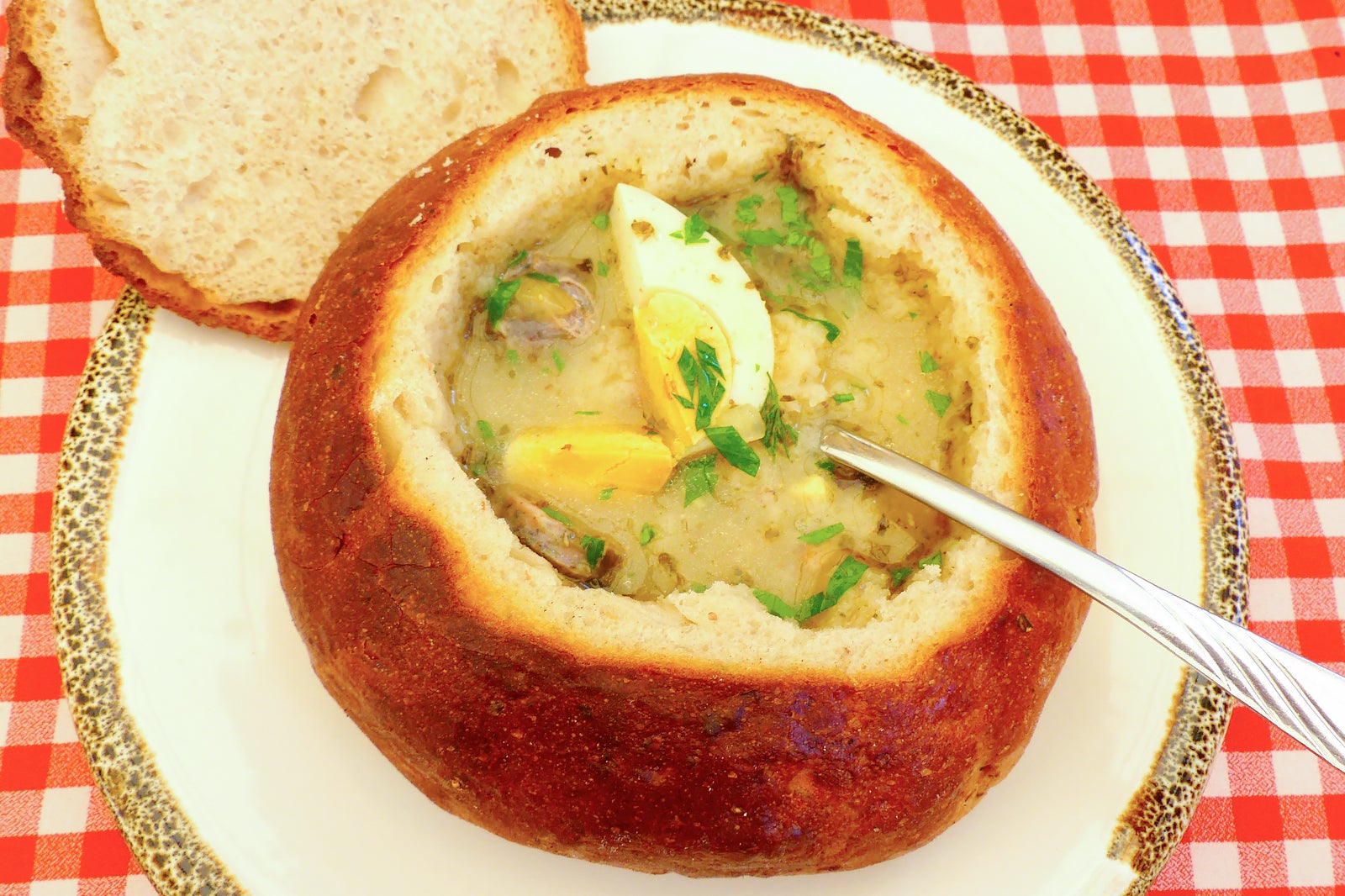

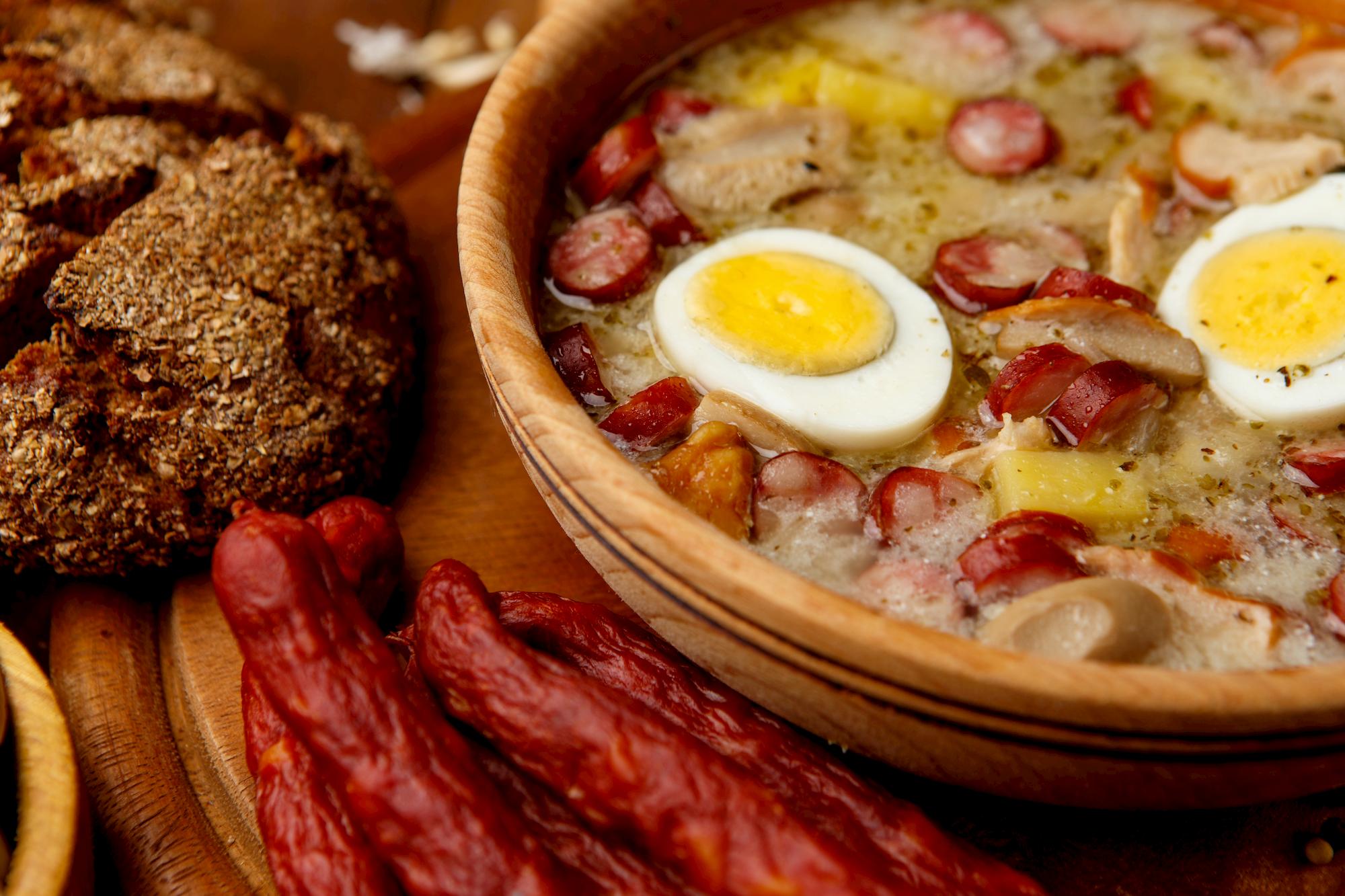



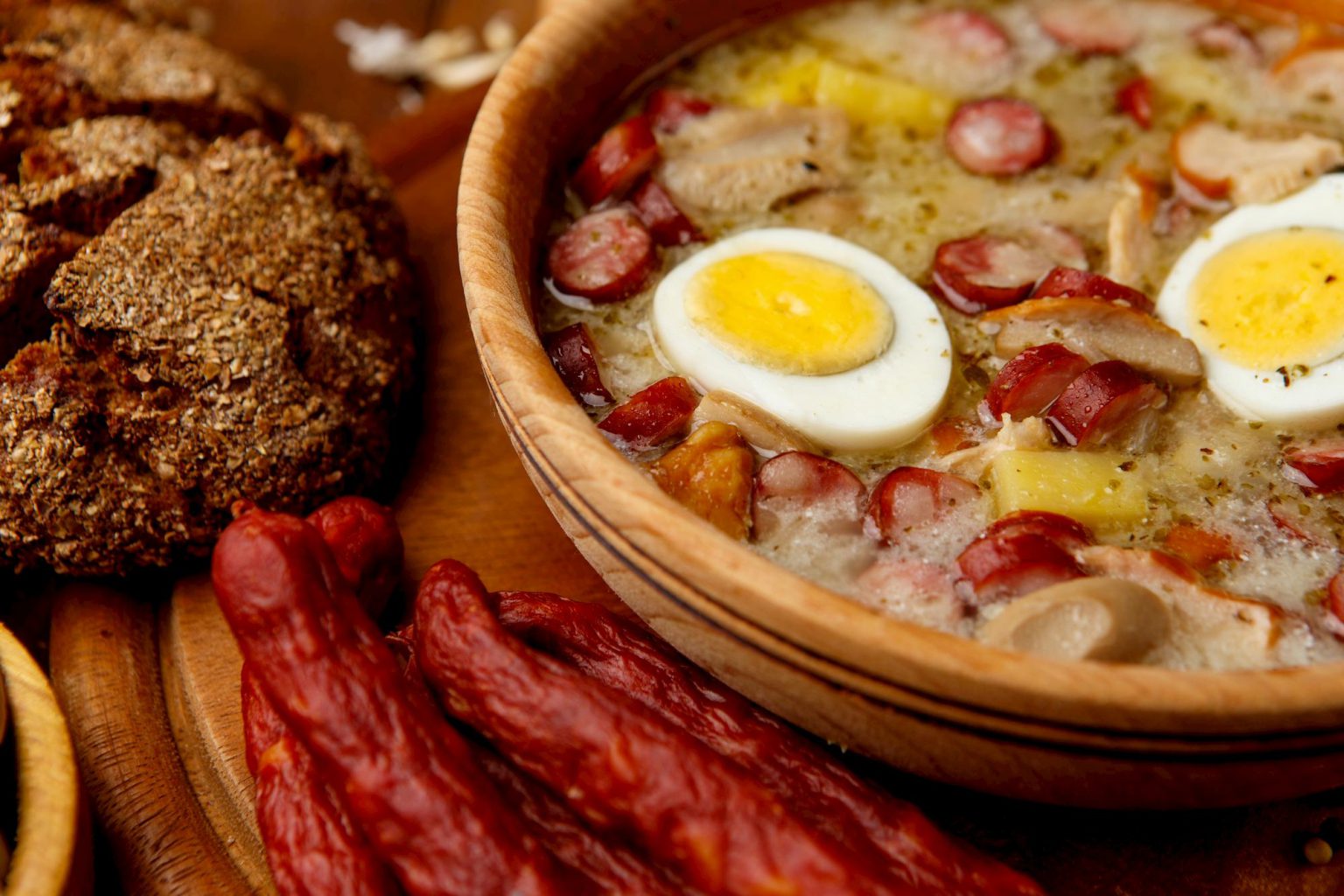
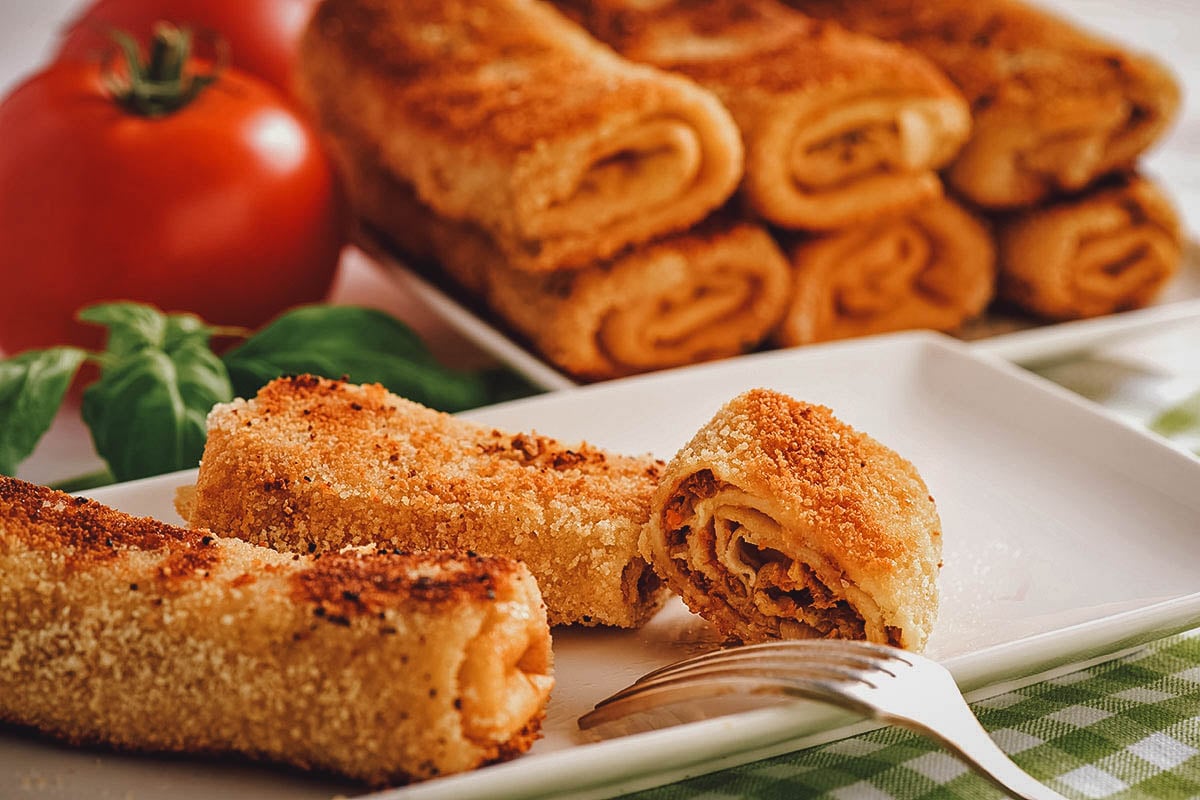



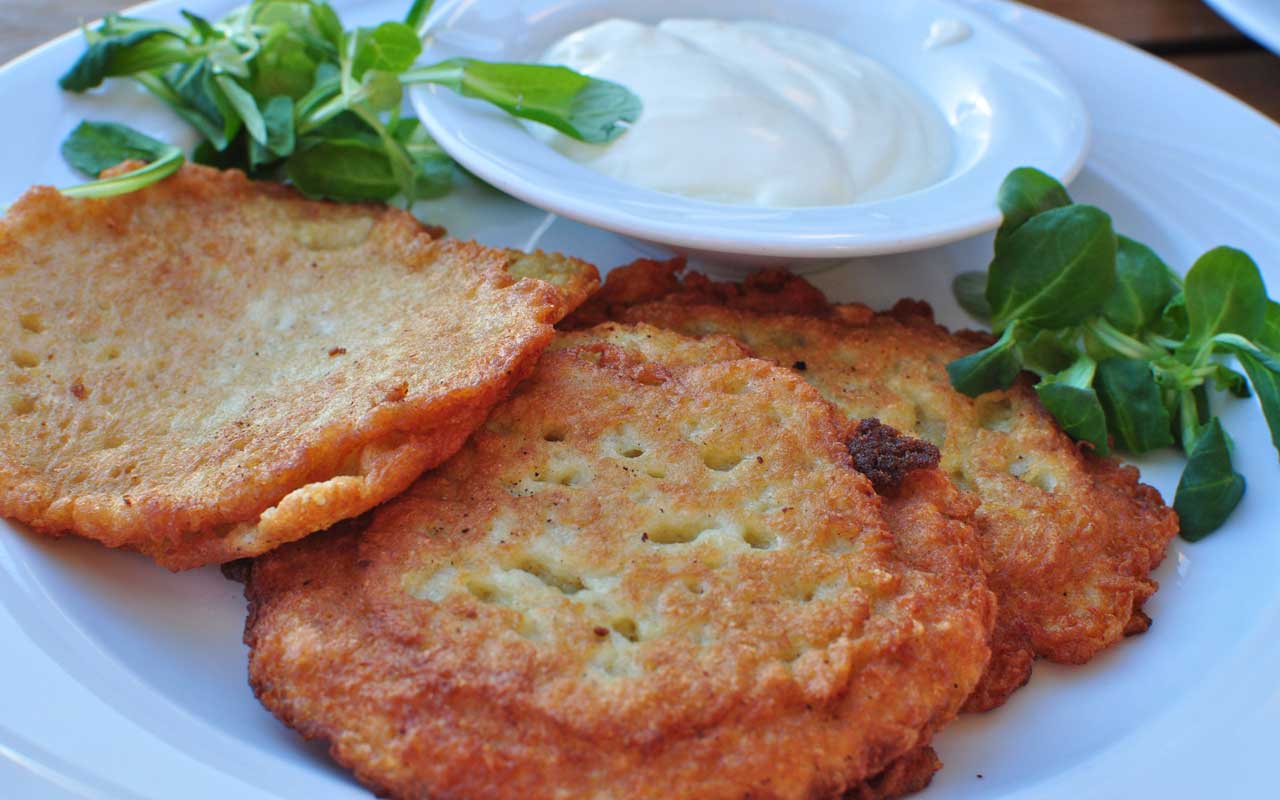


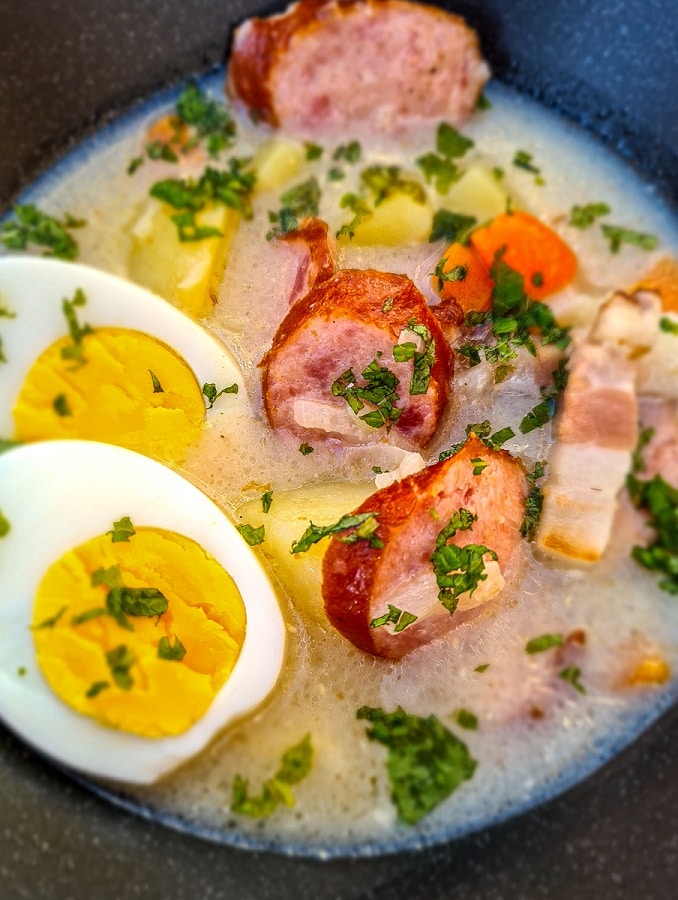
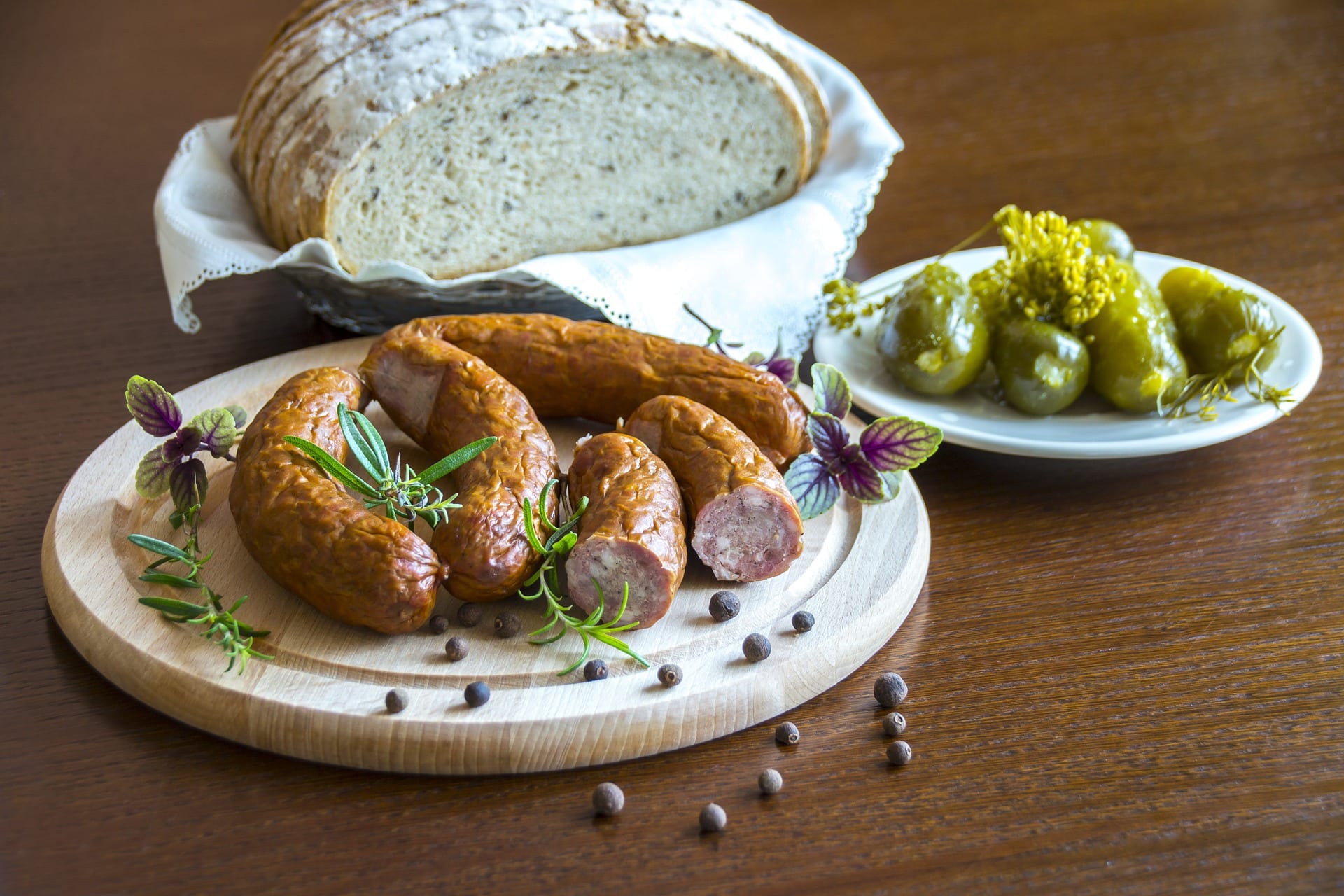
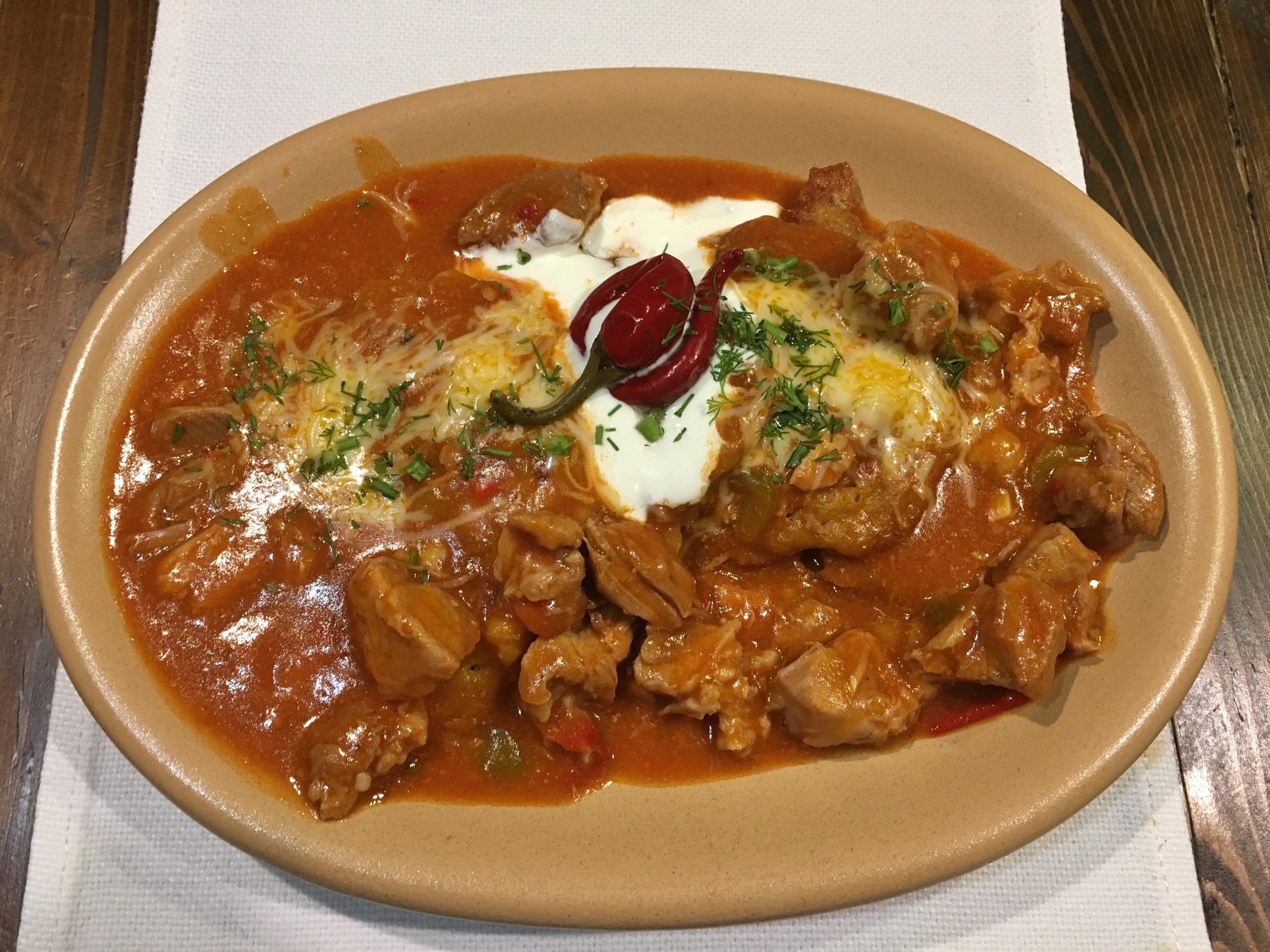
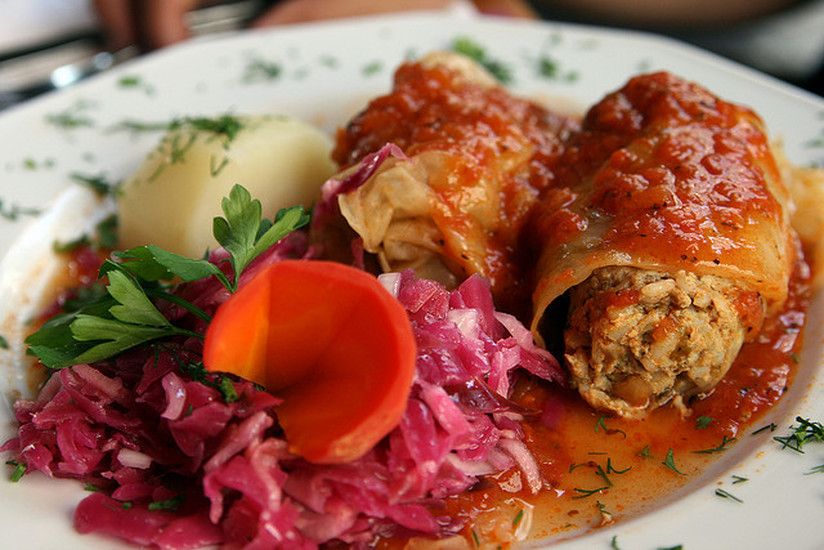




/polish-kolaczki-recipe-1136953_09-5b0d9a328023b90036ea80e0-5c624cf5c9e77c000166271c.jpg)

